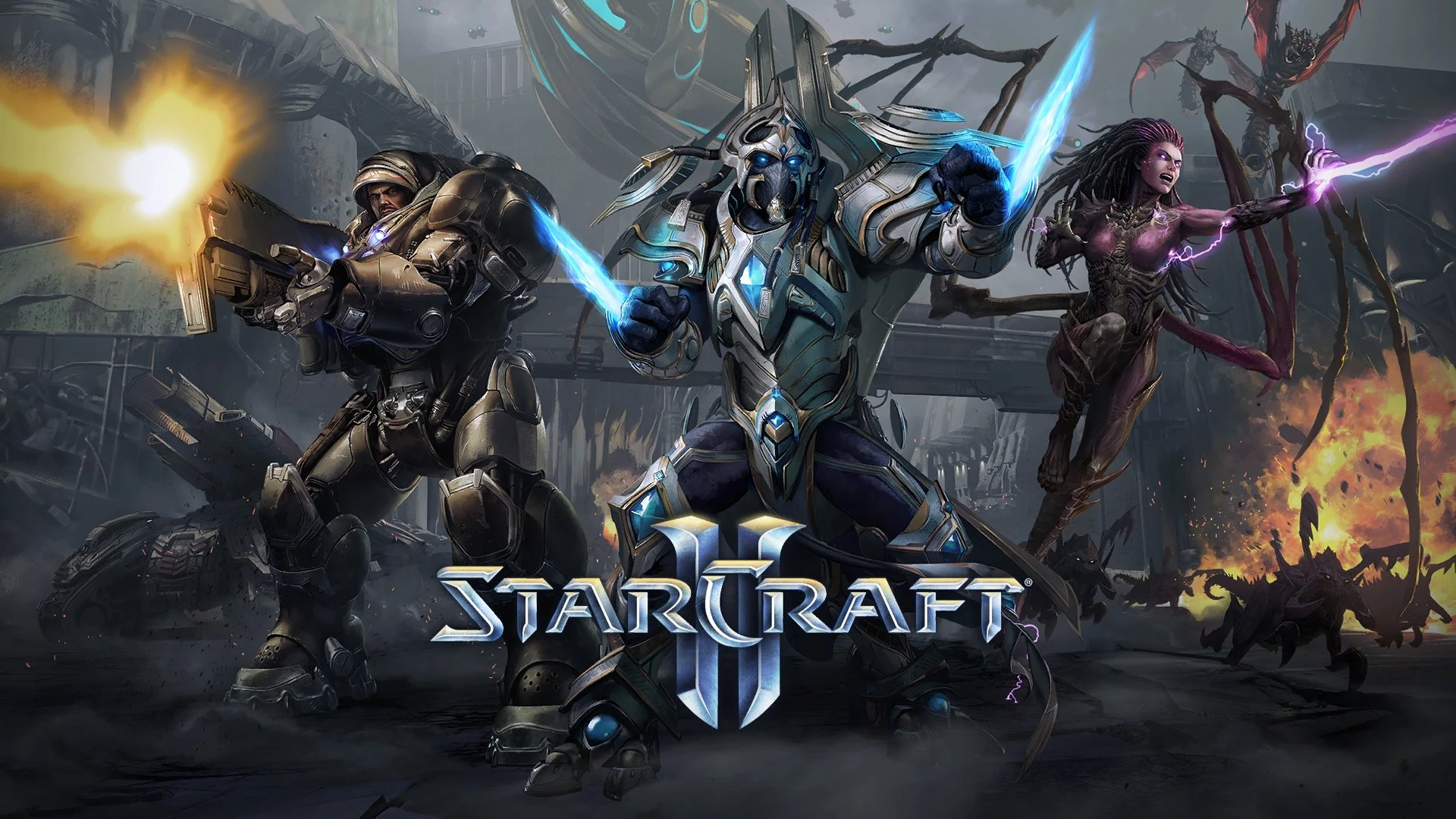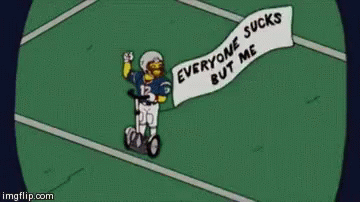Continuing from my last post, I wanted to talk about how my experiences with Starcraft 2 (SC2) helped me understand the connection between games and learning. As I pursued my postgraduate degree in education, I found myself fascinated by the intersection of games and learning, and SC2 was the perfect game for me to explore that connection.
Unlike with WoW, I was no longer satisfied with simply finding easy strategies to win. Yes I started seeing the importance of the 'why', but I was still more focused on the result. Instead, I wanted to truly understand the game mechanics and the reasoning behind them. Through podcasts, news articles, and videos, I dove into the world of SC2, and thanks to Day9tv and his dailies, I began to learn the "why" behind the game's strategies.
Even though I never reached the highest ranks in SC2, I'm proud of how far I came, starting in Bronze 1 and reaching Gold 3 or 4 before running out of time due to my full-time job and newborn child. But more than that, I'm proud of what I learned from the game and how it influenced other aspects of my life.
I realized that the macro mechanics of SC2 were my strong suit, just as I was better at thinking of big ideas and interconnecting them in my job. But I struggled with the micro mechanics, or the execution of those ideas. This realization helped me understand my strengths and weaknesses and how to leverage them in my personal and professional life.
For example, a little after this, I started playing (low-level) competitive basketball with some old friends. I had a solid understanding of the game, I knew what type of game plan to go in with for the players that we had (strengths and weaknesses) and read the situations during a game to make little adjustments. However, having not played for many, MANY years, my mechanics of the game itself was rather rusty. In other words, I did not have the skills to execute my plan. So using the lessons learnt from SC2, I examined what skills I needed most, prioritised and started researching drills and tips that I can practice on a daily basis.
One of these was losing weight. My weight got in the way of my ability to be quick, my endurance and I also had a hunch it played a role in getting minor injuries often. This took me down a whole new rabbit hole. It was a lot of experimenting, research and reflecting. Eventually I was able to find some new habits that I could sustain even after playing basketball - and able to pick up easily again after gaining a lot of this weight back from no longer playing basketball** and lockdowns.
**Not playing competitive basketball made me lose a lot of motivation to exercise as I couldn't find a WHY that I could really latch onto.
A really big lesson I learnt from Day9tv that I always keep in my mind in ALL aspects of my life is the mindset - "What can I do better NEXT TIME?" I found that 99% of the time when things weren't going to plan, whether it be in a video game, basketball, classroom or in life, I started to stray from the original plan and try to patch leaks on the fly, usually making it worse or having no effect. But with the "next time" mindset, I stick to the plan as much as possible until the end of that session and reflect on it afterwards and THEN make adjustments to the plan where needed for next time. In games this is quite easy to do, as a lot of them have the abilities to save replays so you can go back and analyse your performance. IRL things however, it's harder to do. I normally jot something down quickly on my phone or a piece of paper when I notice things I might need to address for next time - usually the small things I might forget. The big things I will always remember first anyway :)
To add to this, SC2 was primarily a 1v1 game. It meant that no matter what, YOU are responsible for every outcome. I took this mentality on to team games as well. That's why the mindset is "What can I do better", not "What can they do better". I did realise soon though, lots of people find this hard to swallow. They don't want to believe that they are flawed and can improve. Like I used to hear a lot in team video games like Dota and Overwatch - "Everyone on my team sucks. Except me." I truly believe people who hold onto this type of idea tightly will hit a big wall in their lives.
Going back to basketball, I took this approach so in the first season starting 'the plan', I was doing my drills, my exercise and diets, all the while reflecting on the season. I didn't look at executing, just treated it like a practice season. The next off-season, I stepped on the accelerator and every free moment I had I would use this to practice my dribbling and shots. Sometimes I'd call my teammates to see if they were up for a practice session together. These cooperative sessions were also valuable because I could pick their brain for feedback.
The next season after some nail-biting games in the playoffs, we won our first (and only) championship as that particular team. When I watch sports or eSports finals and see the players just collapse into tears, I never understood why - until that final buzzer in the finals. It was something that needed to be worked on over time and results weren't immediate. A lot of the time I did question whether I needed to scrap my entire original plan and make big adjustments - but I stuck to it and it did pay off. Obviously I wasn't the sole reason our team won. One of my close teammates (who practiced with me often) also did the same thing. The rest of our team were just straight up hustlers. There were no free baskets and we all had each others' backs. I just wanted to make sure that I built myself enough so that I wouldn't be a detriment to the team, but a contributor.
The skills I learned from SC2 naturally lead to other competitive games I played later on like CS:GO, Dota 2, Rocket League, or Overwatch. Nowadays, I don't play competitive games often, because if I commit, I dive into the deep end and it just takes over my schedule, my mind and my life. I am more of a spectator, appreciating the awesomeness others showcase. But I still apply the lessons learnt in other aspects of my life and I don't think it will ever go away.
WoW helped me extend my online research skills, and analysing gameplay to improve. It started me on a journey of learning. SC2 humbled me, made me realise we learn at different speeds, importance is persistence and consistency, every game is a step to improve in our next game and looking at things I can do to help the team, rather than the other way around.






No comments:
Post a Comment